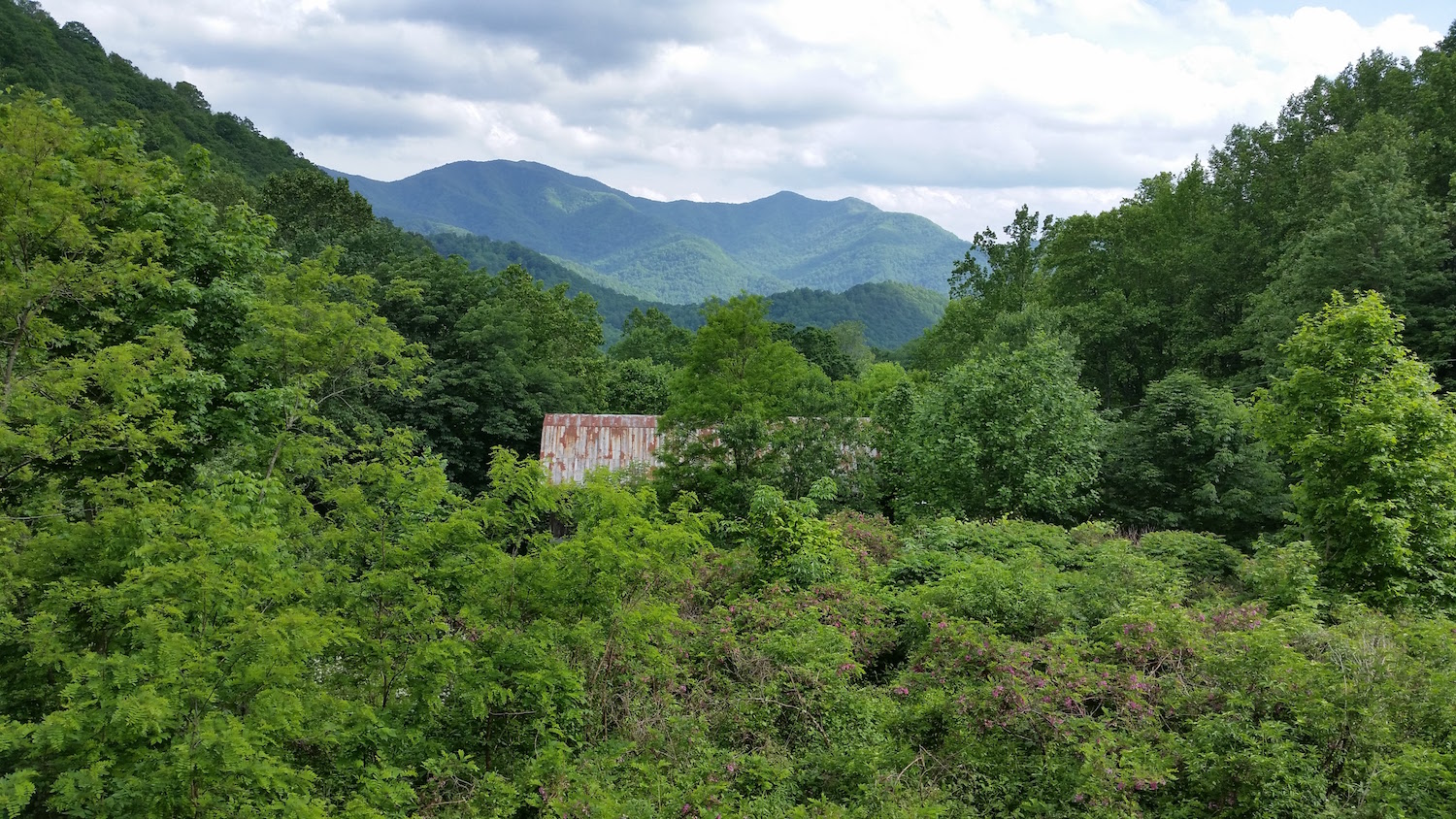 How the Ag-Biotech Industry is Attempting to Manipulate Public Opinion with Unproven Genetically-Engineered Chestnut Trees
How the Ag-Biotech Industry is Attempting to Manipulate Public Opinion with Unproven Genetically-Engineered Chestnut Trees
Source: Organic Insider 8 May 2019
In the 1800s, the American chestnut tree was the predominant species in the Eastern U.S. before blight wiped out approximately 4 billion of these trees.
Given the affection we have for trees, restoring this species and reclaiming our wild forests is a very noble and worthwhile endeavor.
However, the ag-biotech industry wants to use genetic engineering to accomplish this, which is the first step in a calculated plan to attain something much more lucrative.
If the industry can get GE-American chestnut trees approved — the first-ever approval of a GE-tree in the U.S. — it will sway public opinion about the use of this technology and pave the way for other GE-trees, such as GE-eucalyptus and GE-pine trees. These trees will be pitched to the government as “necessary” in order to meet the consumer demand for pulp and paper products but will also be used for biofuels, biochemicals and bioplastics.
All of this is outlined in a new white paper called Biotechnology for Forest Health? The Test Case of the Genetically Engineered American Chestnut, produced by the Campaign to STOP Genetically Engineered Trees, Global Justice Ecology Project and Biofuelwatch.
Sign the new petition to stop the release of
risky, unproven GE American chestnut trees into forests
DOES THIS TECHNOLOGY EVEN WORK?
For this project, researchers at the State University of New York College of Environmental Science and Forestry are developing a genetically-engineered, blight-resistant American chestnut tree. The GE-tree has been engineered with an oxalate oxidase enzyme that does not eliminate the pathogen but inhibits it from spreading on the tree, making it less lethal.
These GE-trees would be released into the wild forests with the goal of having their pollen and nuts contaminate hybrid chestnut orchards, totaling approximately 400 million healthy chestnut trees that have viable root systems.
While tests on a small number of young GE-American chestnut trees have shown some resistance to blight, extrapolation from these results is unreliable given the long lifespan of these trees (potentially over 200 years) and the variable conditions they encounter in nature.
